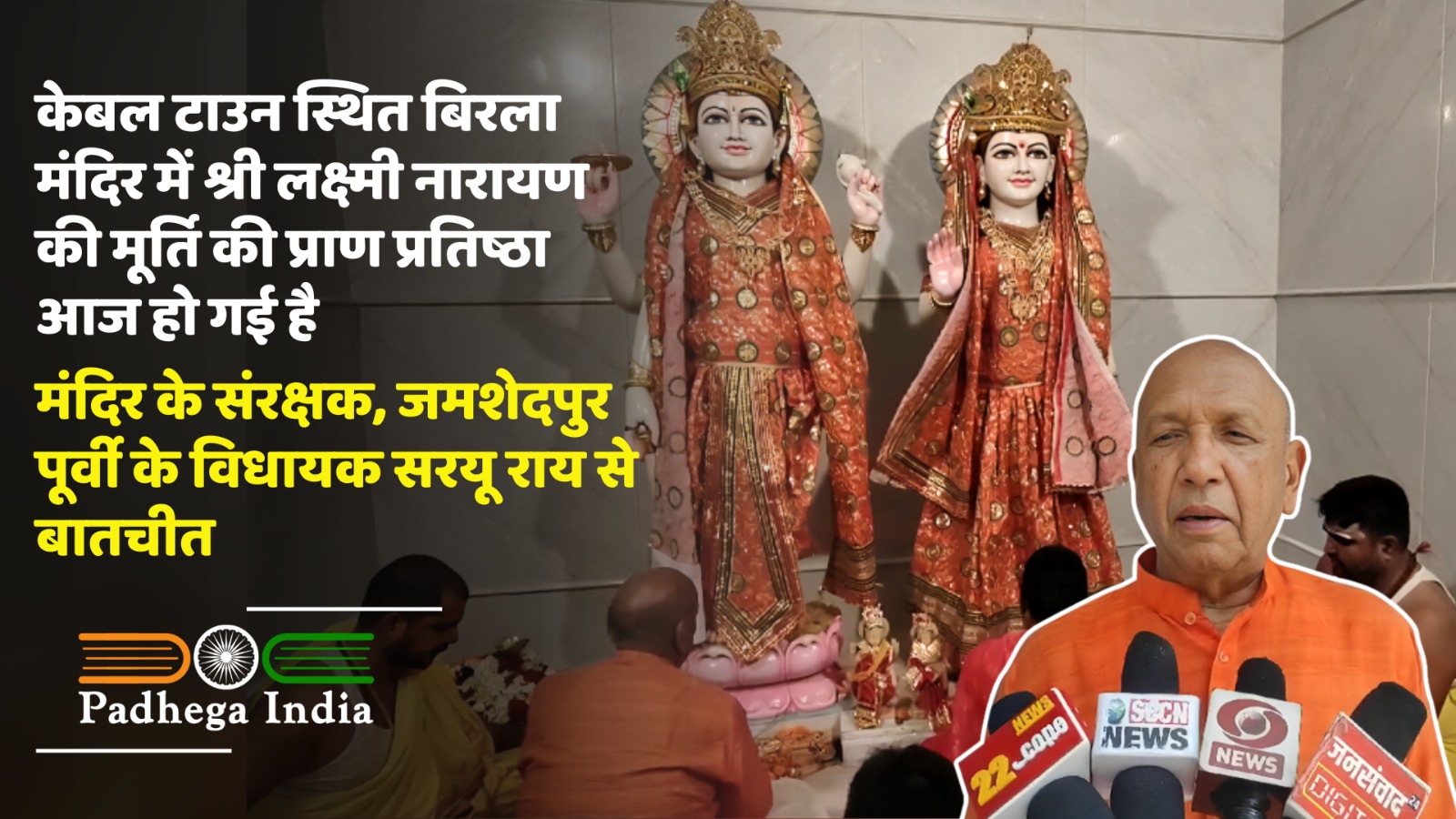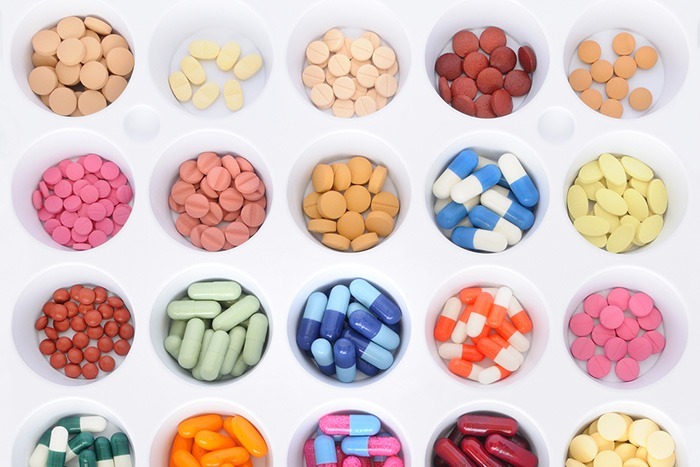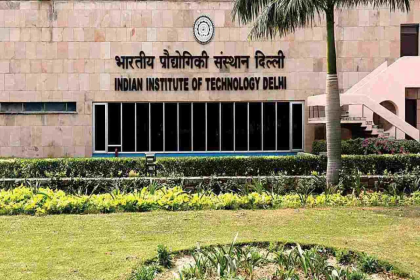Jamshedpur: A recent study published in the Journal of Pharmaceutical Policy and Practice has highlighted a troubling issue in the Indian pharmaceutical market. Over 60% of fixed-dose combination (FDC) drugs used for treating mental health disorders lacks official approval and proven therapeutic value. This study was conducted by the researchers from the UK, India and Qatar underscores the ongoing challenges faced by the countryтАЩs drug regulatory system.
Key findings of the study
The research indicates that in 2020, 60.3% of psychotropic FDCs sold in India were unapproved, down from 69.3% in 2008. Despite this decrease, the figure remains alarmingly high. FDCs are pharmaceutical products that combine two or more drugs into a single dosage form, such as a capsule. In India, many of these combinations are marketed without the endorsement of the Central Drugs Standard Control Organization (CDSCO), the countryтАЩs primary drug regulatory authority. Instead, state authorities often approve these drugs, sometimes without adequate proof of their safety and efficacy.
The study found that these unapproved psychotropic FDCs are heavily promoted in India despite their exclusion from clinical guidelines and the limited evidence supporting their therapeutic benefits. Concerns about their potential harm and minimal use in other markets further amplify the issues surrounding these drugs.
Ashna Mehta, a health economist and co-author of the study, noted that the problem of unapproved FDCs is well-known. Although regulatory efforts have been made to address this issue, many of these drugs remain available on the market.
Regulatory crackdown on FDC drug
In response to these concerns, the Indian government has intensified its efforts to regulate FDC drugs. Recently, the Centre imposed a ban on 156 additional FDCs, marking a significant step in curbing the use of potentially harmful and unapproved combinations. This latest ban follows a previous crackdown in 2018, which saw 344 FDCs banned due to safety and efficacy concerns.
The August 12 notification included a diverse range of drugs in its ban list, from antibiotics to medications for fever, allergies, colds, skin disorders, and pain. Also banned were combinations of active pharmaceutical ingredients (APIs) with herbal components, as well as formulations mixing vitamins and enzymes. Multi-enzyme complexes and certain decongestants, such as naphazoline found in eye drops, were also prohibited.
The persistence of unapproved FDC drugs in India poses significant risks to public health. The ongoing efforts by the CDSCO and other regulatory bodies to eliminate these drugs from the market reflect a commitment to ensuring the safety and efficacy of medications available to the public. As the situation continues to evolve, it remains crucial for both regulators and consumers to stay informed and vigilant regarding the drugs they use.







